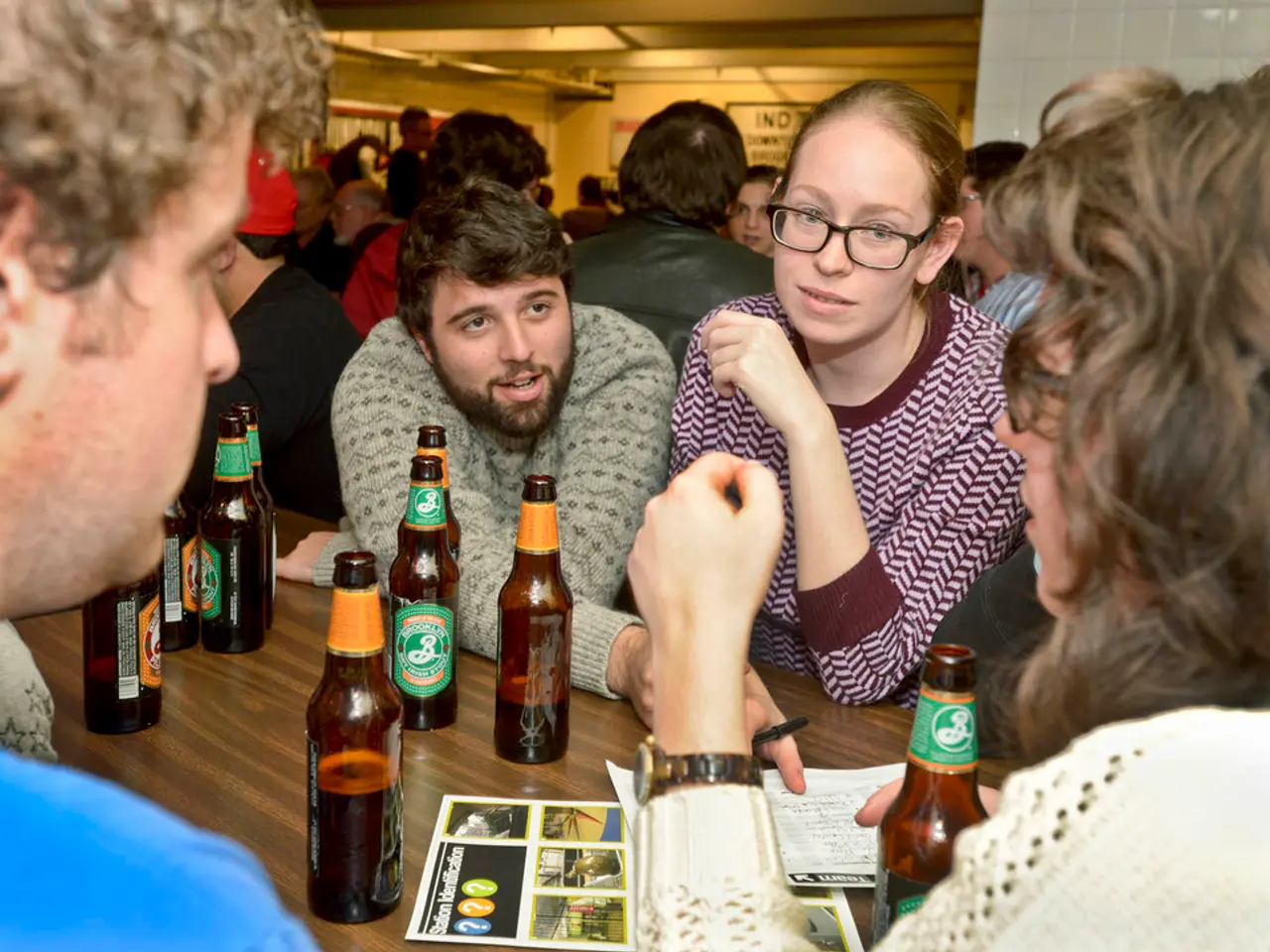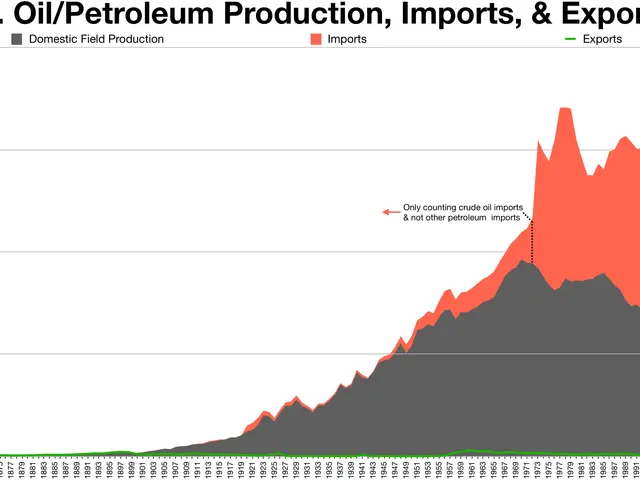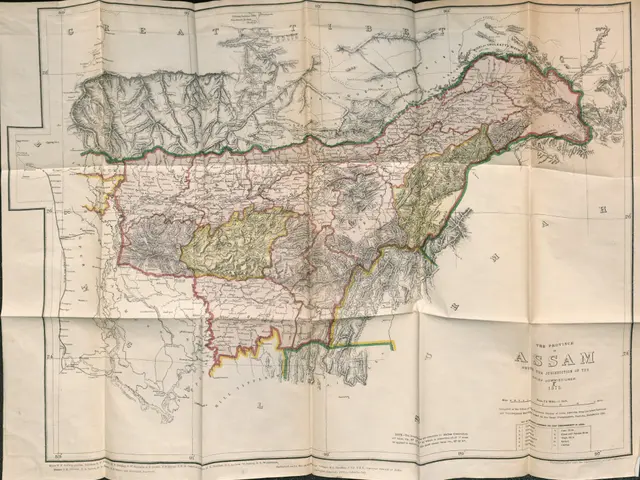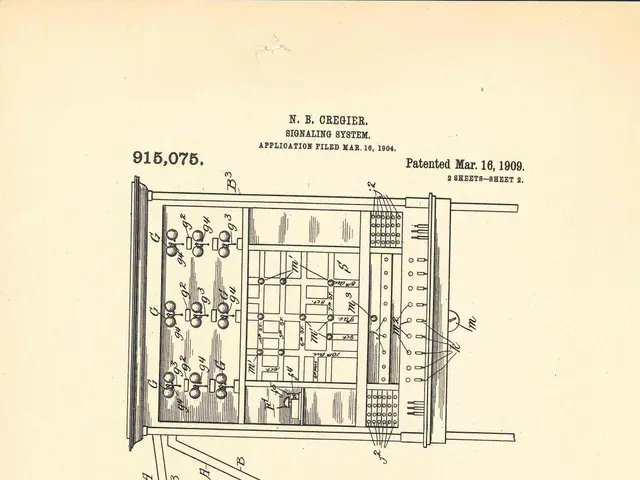Beer Strikes: A Forgotten Tool in Australian Working-Class Struggles
Iain McIntyre, an Honorary Fellow at the University of Melbourne and Gerda Henkel post-doctoral scholar, has delved into the history of beer strikes in Australia. His latest work, 'Parching for Principle: Hotel Boycotts in Regional Australia', published in Labour History, explores this tactic's role in working-class struggles.
McIntyre's research, presented in 'Pints and Protests: Hotel Boycotts in Regional Australia, 1900-1950', focuses on key periods such as the 1925 beer strikes in Western Australia and the mass boycotts in New South Wales and Darwin from 1940 to 1941. These actions, part of a millennia-old tactic, targeted pubs and alcohol-based venues, aiming to improve wages, conditions, and prices.
Historically, Australian boycotts were localized and centered around industrial disputes and cost of living. The 1920s saw waves of beer strikes in New South Wales and Victoria, while massive boycotts in the 1940s took place in New South Wales, Sydney, and Darwin, involving the Waterside Workers’ Federation and local unions. The outcomes of these strikes included reduced prices, improved quality, and better wages and conditions in hotels.
McIntyre's work, including 'Parching for Principle: Hotel Boycotts in Regional Australia', provides valuable insights into the history of beer strikes in Australia. His research highlights the impact of these localized actions on improving working conditions and prices, contributing to our understanding of Australian working-class struggles.







